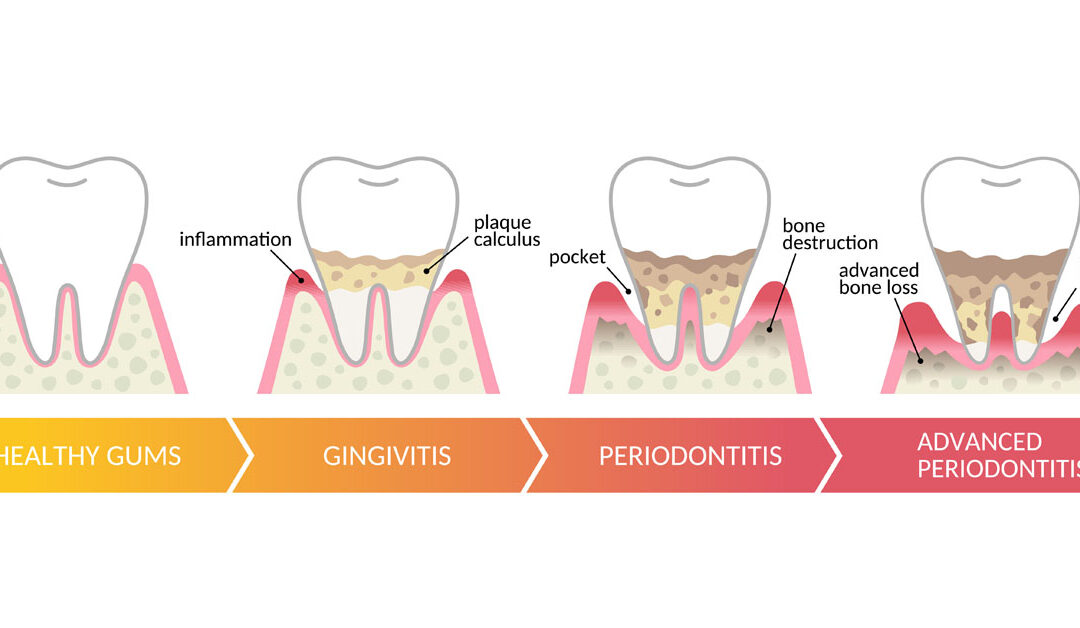The Truth About Gum Disease:
Why Bleeding Gums Should Never Be Ignored
You brush your teeth and notice a little pink in the sink. It’s probably nothing, right? Actually, bleeding gums are one of the earliest signs of gum disease, a silent, progressive condition that affects nearly half of all adults over the age of 30. At Birkitt Dental, we believe your gums are just as important as your teeth. Let’s talk about why bleeding gums should never be ignored and what you can do to protect your smile.
What is Gum Disease?
Gum disease, or periodontal disease, is an infection of the tissues that hold your teeth in place. It usually starts with plaque buildup along the gumline. When plaque isn’t removed through regular brushing and flossing, it hardens into tartar and triggers inflammation in the gums, a condition known as gingivitis.
If left untreated, gingivitis can progress to periodontitis, where the gums pull away from the teeth, bone is lost, and teeth can loosen or even fall out.
Early Signs You Shouldn’t Ignore
- Bleeding when brushing or flossing
- Red, swollen, or tender gums
- Persistent bad breath (halitosis)
- Receding gums or “long-looking” teeth
- A change in how your teeth fit together when biting
Many people dismiss these symptoms as minor, but gum disease doesn’t just stay in your mouth. It has been linked to serious health conditions, like heart disease, diabetes, stroke, and even Alzheimer’s disease.
Why Do Gums Bleed?
Bleeding gums often signal that plaque has built up along the gumline, irritating the delicate gum tissue. However, other factors like smoking, stress, poor nutrition, hormonal changes (such as during pregnancy), and certain medications can increase your risk.
But here’s the important thing to know: Healthy gums don’t bleed. If you notice bleeding, it’s your body’s way of asking for help.
The Good News: Gum Disease is Preventable and Treatable
The early stage of gum disease (gingivitis) can often be reversed with professional dental cleanings and improved home care. If the disease has progressed, more advanced treatments like deep cleanings (scaling and root planing), laser therapy, or other periodontal procedures may be necessary.
At Birkitt Dental, we use gentle, effective treatments to halt gum disease in its tracks and help restore your gum health.
How You Can Protect Your Gums
- Brush twice a day with a soft-bristled toothbrush.
- Floss daily—it’s the best way to clean between teeth and below the gumline.
- Visit us regularly for professional cleanings and check-ups.
- Quit smoking, which is a major risk factor for gum disease.
- Eat a balanced diet rich in vitamins and minerals that support oral health.
Let’s Keep Your Smile Healthy—From Gums to Teeth
Bleeding gums are never “normal;” they’re a warning sign. The sooner you take action, the easier it is to treat gum disease and prevent lasting damage. At Birkitt Dental, we’re here to partner with you in protecting not just your teeth, but your overall health.
Schedule your next cleaning today and let’s give your gums the care they deserve.

